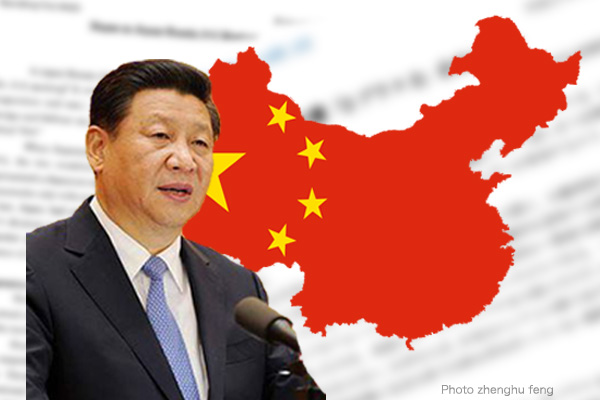The year 2025, which marks the 80th anniversary of China’s victory in the “War of Resistance against Japan,” is likely to feature a history war between Japan and China. The Japanese people, including historians and the media, must squarely confront China’s historical revisionism.
China promoting anti-Japan movie “731”
Signs of the history war include the promotion of the movie “731.” China has announced that the film will be released worldwide from July 31, 2025, launching relevant propaganda and events in various countries. The movie “731” has been created by Chinese screenwriter and director Zhao Linshan, featuring many actors who are widely known in the Chinese-speaking world. The film is reportedly designed to “uncover criminal biological experiments by Unit 731 of Japanese forces invading China through the fate of ordinary people.” In China, everything is promoted under the leadership of the Communist government without any role the private sector or individuals can play. This film is no exception.
Unit 731 was officially called “Kwantung Army Epidemic Prevention Department” or “Kwantung Army Epidemic Prevention and Water Supply Department.” It was nicknamed “Unit 731” due to the secrecy of its military operations. Unit 731 was stationed in former Manchukuo, making research achievements that were reportedly used for cold injury and other treatments to rescue frontline soldiers on various battlefields. It is said that the unit’s research achievements were taken over by U.S. forces and partially transferred to Soviet forces after the war. Particularly after the Tiananmen Square massacre in 1989, China has used the site of Unit 731 as a base for patriotic or anti-Japan education.
Since the end of World War II, the Chinese Communist Party has consistently revised China’s own history, campaigning the Anti-Japanese War as having been fought under the leadership of the “great Chinese Communist Party.” In fact, however, it was the army of the Nationalist or Kuomintang government that confronted Japanese forces while the Communist Party is said to have spent much of the war period in Yanan, where it was based. In addition, the Chinese Communist Party has strengthened anti-Japanese education without mentioning the fact that the party produced opium from poppies cultivated in Yanan, the Ordos Plateau in South Mongolia, and other places. Anti-Japanese education or campaign is an indispensable means for China to maintain the Communist regime.
Follow the statement of late former Prime Minister Abe
How should Japan respond to China’s anti-Japanese propaganda? In a statement in 2015 on the 70th anniversary of the end to World War II, then Japanese Prime Minister Shinzo Abe said, “We must not let our children, grandchildren, and even further generations to come, who have nothing to do with that war, be predestined to apologize.” Based on this statement, a prime minister of Japan no longer needs to issue any new apology statement. If the prime minister issues an apology statement on the 80th anniversary, Japan may have to issue such statement every 10 years, risking being caught up in China’s historical revisionism. In order to win the history war with China, Japan should take a resolute response while drawing on the lessons of the past.
Yang Haiying, also known as Akira Ohno, is a professor at Shizuoka University. He is from Southern Mongolia and naturalized in Japan.


